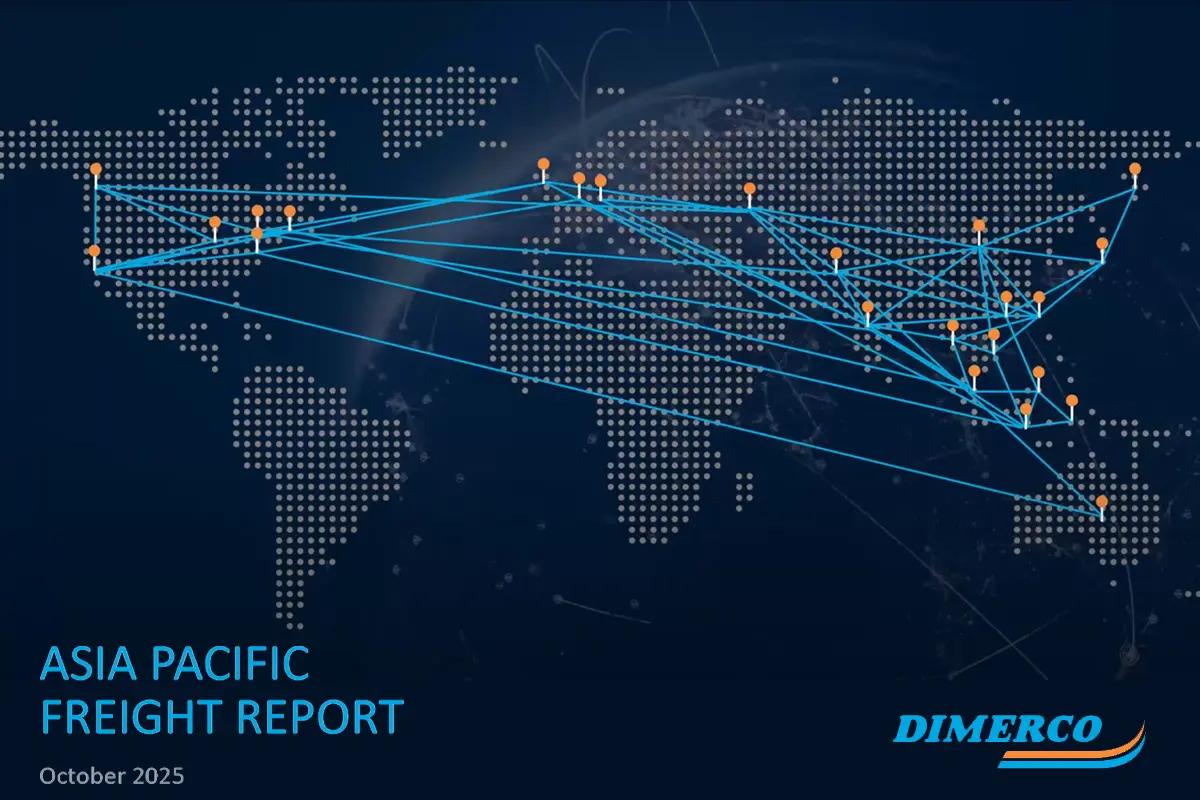
Last Dimerco Express Group Report of Asia -Oceania Transportation Market The shipment to the United States alerts its “no transfer” evidence package because the USCBP is seriously investigating the transit to hide China’s origin.
USCBP determines whether the goods are shipped in transit, and if so, an additional 40 % tariff and other penalties or penalties are applicable or appropriate.
The Dimerco report shows that global supply chains are moving in a complex peak season that are characterized by volatile tariff policies, demand patterns and capacity restrictions on the main business lines.
While global output shows resistance signs-with PMI Composite, which has reached 14 months 52.9-lack of geopolitical confidence, increased tariffs and supportive business policies are transforming logistical strategies around the world.
The Trans -Pacific Transit Lines are under special pressure, and higher demolition costs and decreased order volume, forcing transportation to re -evaluate resource and routing decisions.
In the ocean transportation sector, the rates of points are reduced despite the aggressive transportation capacity. Carriers have increased 60 percent of vacant boats since late September, but the Shanghai and Northern European point rates have fallen by 45 percent over the past 10 weeks.
Meanwhile, the new ship orders, which now make up 30 % of the World Fleet Pipeline, raise concerns about excessive long -term and sustainable pricing pressure.
Air transport networks are also under stress. Typhoon Ragasa and China -Europe Railway Disruption have strengthened capacity, while demand from Southeast Asia – directed by AI, semiconductors and electronics consumed – are in the main transport centers.
“October is a turning point for global logistics“He said Katie Liu, Vice President of World Sales and Marketing in Dimerco Express GroupHuman beingsThe climax of the season, which is due to geopolitical uncertainty and tariff changes, creates one of the most sophisticated supply chain environments we’ve seen over the years. Jobs need to stay agile, plan earlier, and diversify their logistical strategies to reduce disorders.“
The October report also highlights geopolitical risks – including protests, regulatory changes and business negotiations – which can destabilize the supply chain operation.
In addition, the closure of the Golden Week and Customs Factory is expected to increase congestion and increase costs on air, sea and rail networks.
Complete October 2025 Asia -Pacific Transport Report Careful business forecasts provide pricing and vision of specific logistics in the area to help companies move on to the ongoing landscape.
Load the full report from here: https://www.pesti.media/apac-freight-report Contact Gitte WillemsSens to apply for an additional interview or interpretation.